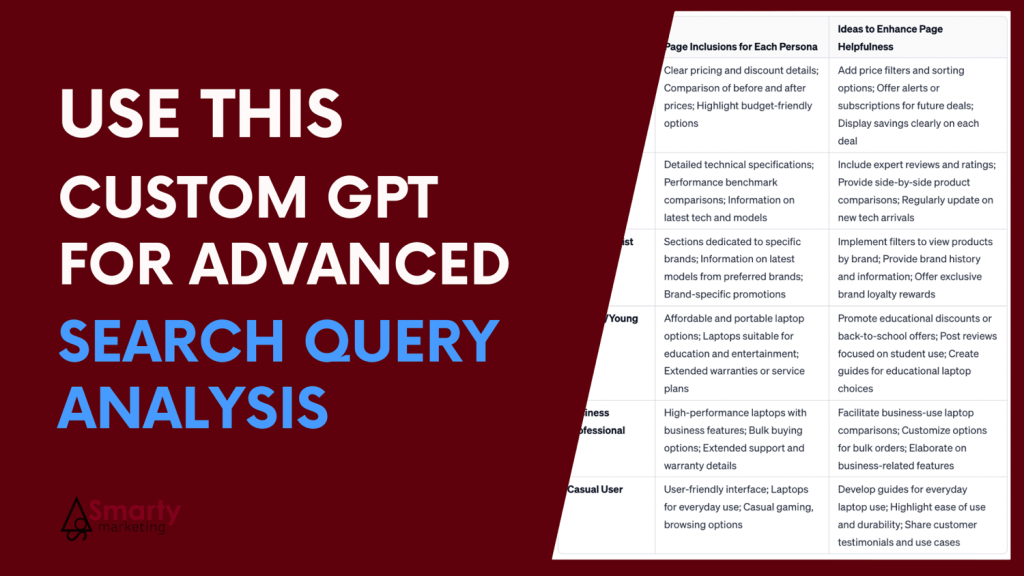
Keyword research and optimization has changed a lot over the years.
At the early days, Google was simply matching keyword strings in a search query with keyword phrases within web documents, so the on-page strategy was simply to use those keywords as much as we could all over the content.
It worked until it didn’t.
As Google was getting more mature, keyword matching has become obsolete and possibly dangerous. “Too much of SEO” to the point when it looks unnatural and forced is a confirmed flag for Google deeming your content as “unhelpful.”
Google no longer matches keywords to queries. Its algorithm now includes:
- Search intent (what it is a user is likely to want to accomplish with this query)
- Machine learning (which adjusts search results based on how AI algorithms interpret the query)
- Recorded click-through data and search journeys which allow them to adjust higher rankings.
As Google’s treatment of keywords had changed, so should our keyword optimization strategy.
In this article:
Our Custom GPT for Query Analysis
A custom GPT is a version of ChatGPT with very specific instructions to complete a specific task.
Ours is all about helping you get a deeper understanding of any search query:
>>>> SEO: Search Query Analysis
How does this custom GPT for SEO work?
Type your target search query and the tool will return the detailed analysis for you:
- Possible search intent (based on ranking pages)
- Average result recency
- Who is likely searching for this query (experts, beginners, professionals, etc.)
- Buyer personas searching for that query
- Possible content ideas
- Ways to make pages targeting the page more helpful
Here’s what it came back with when I entered my target search query “laptops on sale”
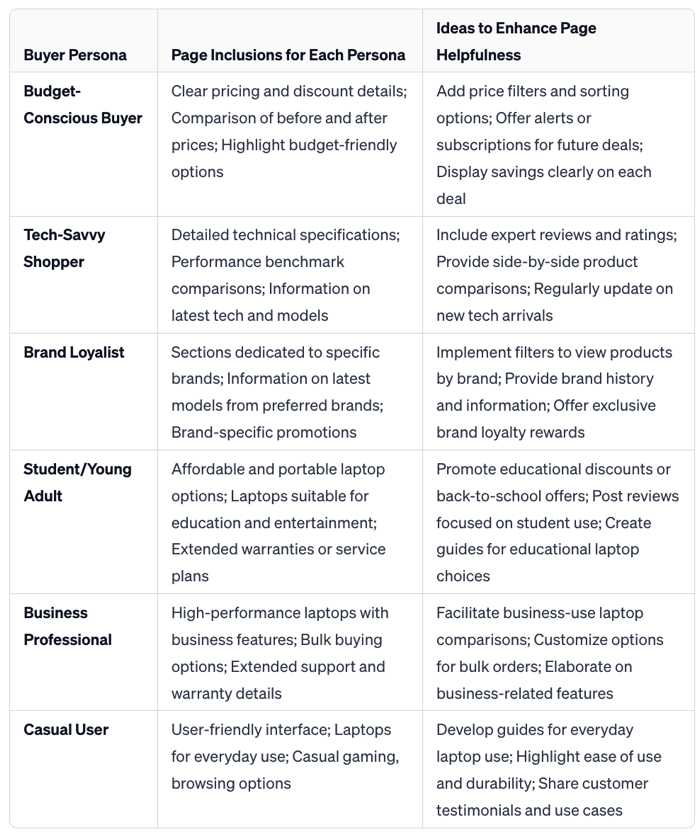
Next, you can copy-paste your page (or URL) into the tool and let the tool provide suggestions on how to improve your content to better satisfy that query.
You can also provide your competitor’s content to:
- Compare your content to your competitor’s (and find out why their ranks higher)
- Find what your page is missing
- Steal some optimization ideas from them
Sometimes ChatGPT (as well as its custom versions) may skip instructions, so keep talking to it until you have a good understanding of what it thinks about your query.
Keep talking to the custom GPT to:
- Be more detailed with any of the tasks
- Generate possible related queries
- Extract key concepts and entities from a competitor’s page
- Get supporting content ideas, etc.
It is not an ultimate analysis in any way (there’s no such a thing) but it is a good way to try and identify what a machine thinks about a query, your and your competitor’s content, and the buyer personas you are targeting here.
Go ahead and give it a try (you need ChatGPT PRO for this) and please share your feedback!
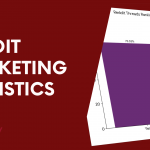
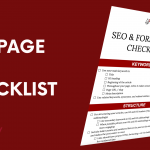
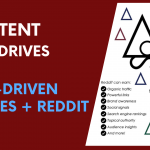
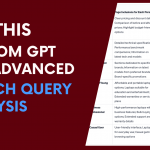

I love all you content! Thank you for helping us all keep up!